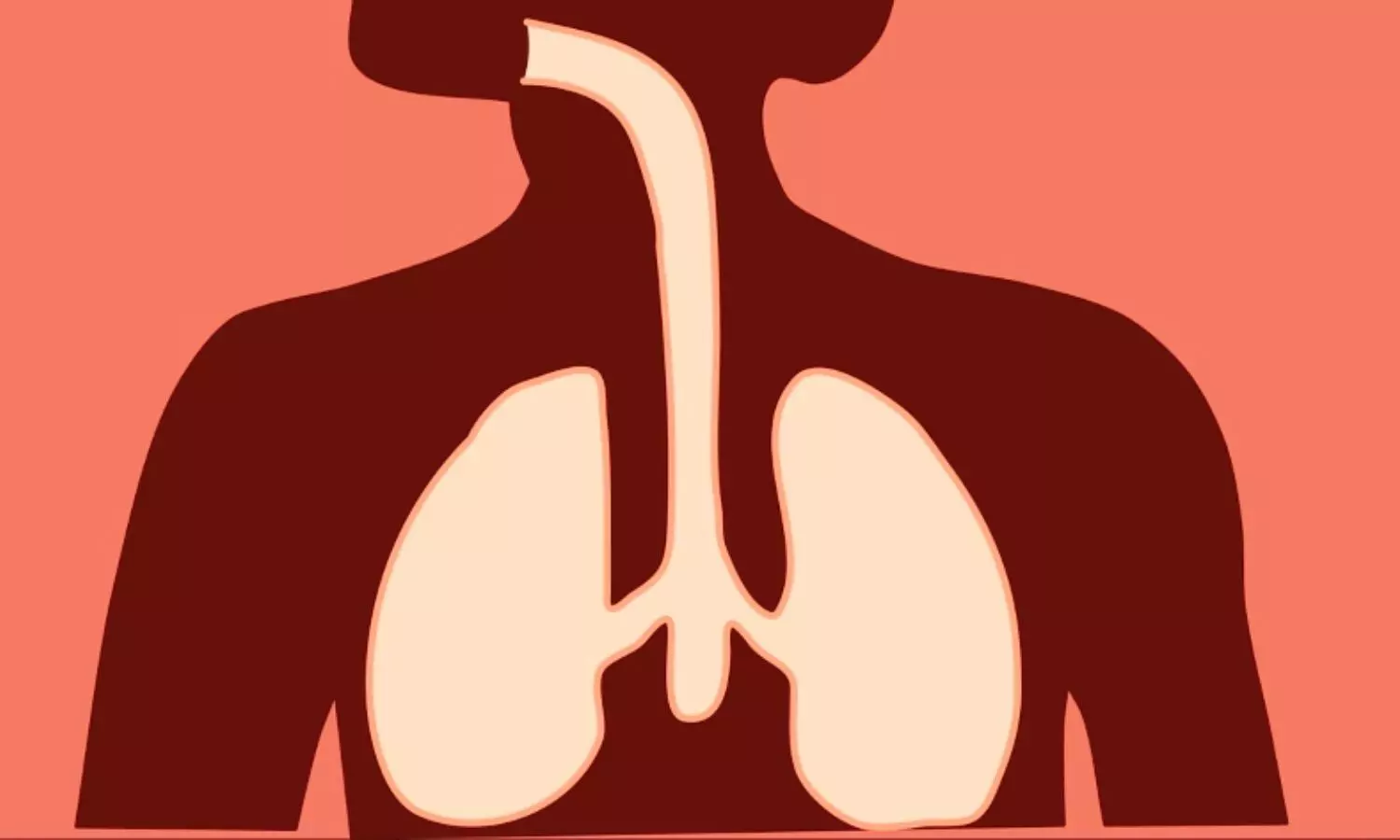Inhaled Molgramostim Promising for Autoimmune Pulmonary Alveolar Proteinosis: Phase 3 Trial Shows

USA: A phase 3 study published in the New England Journal of Medicine has highlighted encouraging results for inhaled molgramostim, a recombinant human granulocyte–macrophage colony-stimulating factor (GM-CSF), in patients with autoimmune pulmonary alveolar proteinosis (aPAP). The research was led by Dr. Bruce C. Trapnell from the Translational Pulmonary Science Center, Cincinnati Children’s Hospital Medical Center, and colleagues.
Autoimmune pulmonary alveolar proteinosis is a rare lung disease characterized by the accumulation of surfactant within the alveoli, resulting in impaired oxygen exchange and progressive hypoxemia. The underlying cause involves autoantibodies directed against GM-CSF, a protein essential for the function of alveolar macrophages in clearing surfactant. Currently, therapeutic options remain limited, with whole lung lavage being the standard intervention.
To evaluate the efficacy and safety of inhaled molgramostim, the investigators conducted a multicenter, double-blind, placebo-controlled phase 3 trial. A total of 164 patients with confirmed aPAP were randomized to receive either molgramostim at a daily dose of 300 μg or placebo for 48 weeks. The primary endpoint assessed was the change from baseline to 24 weeks in the diffusing capacity of the lungs for carbon monoxide (DLCO), adjusted for hemoglobin and expressed as a percentage of the predicted value. Secondary endpoints included DLCO changes at 48 weeks, health-related quality of life scores measured by the St. George’s Respiratory Questionnaire (SGRQ), and exercise capacity.
Key Findings
- At 24 weeks, patients treated with molgramostim showed a mean improvement of 9.8 percentage points in DLCO compared with 3.8 points in the placebo group. This translated into a treatment difference of 6 percentage points (95% CI, 2.5–9.4; P<0.001).
- At 48 weeks, the molgramostim group continued to demonstrate benefit with an average DLCO increase of 11.6 percentage points versus 4.7 points in the placebo group (P<0.001).
- Quality of life also improved, with the St. George’s Respiratory Questionnaire total score decreasing by −11.5 points at 24 weeks compared with −4.9 points in the placebo group (P=0.007).
- No significant improvement was seen in the SGRQ activity score at 24 weeks, and therefore, no further statistical testing was conducted for subsequent secondary outcomes.
- Safety outcomes were reassuring, with adverse events and serious adverse events occurring at similar rates in both treatment and placebo arms.
The authors concluded that once-daily inhaled molgramostim significantly improved pulmonary gas exchange compared with placebo and was well tolerated in patients with aPAP.
This trial provides the strongest evidence to date supporting inhaled GM-CSF therapy as a potential new treatment pathway for patients with autoimmune pulmonary alveolar proteinosis, a condition that currently lacks effective pharmacological options.
Reference: https://www.nejm.org/doi/abs/10.1056/NEJMoa2410542
Facebook Comments



